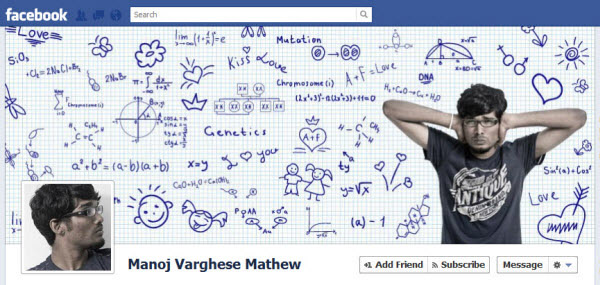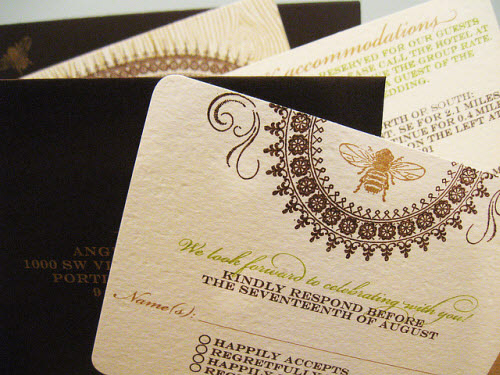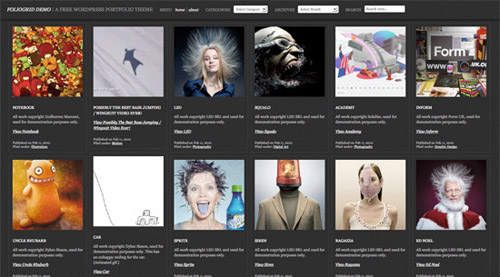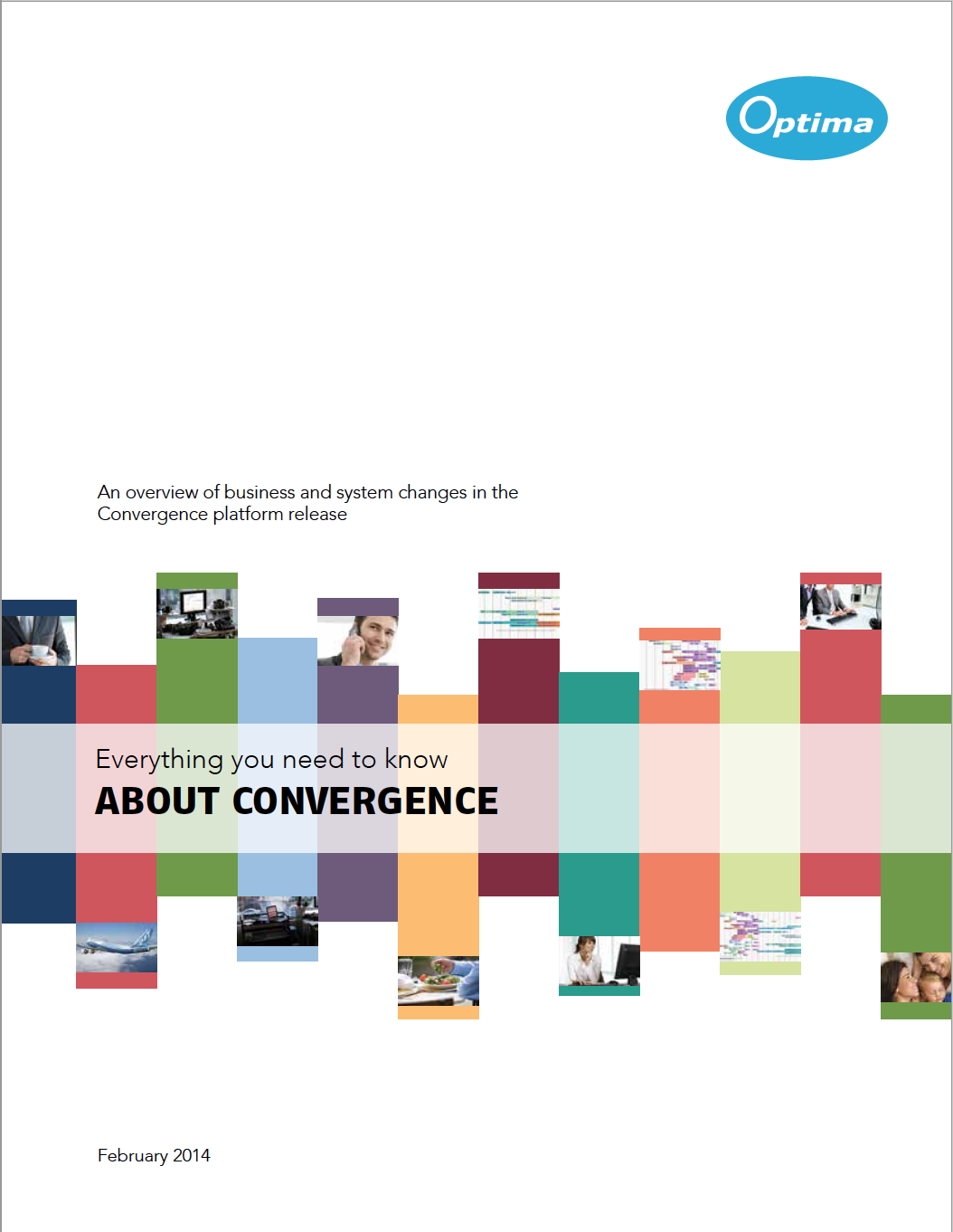Facebook did not become popular because it was a functional tool — after all, most college students lived in close quarters with the majority of their Facebook friends and had no need for social networking. Instead, students logged into the Web site because it was entertaining to watch a constantly evolving narrative starring the other people in the library.
Facebook was like an online community theater, customized with a backstage and lines delivered on the very public stage of friends’ walls with photo albums; every Facebook act was a soliloquy to our anonymous audience.
It was all comedy… making one another laugh matters more than providing useful updates about ourselves, which is why entirely phony profiles were all the rage before the grown-ups signed in. One friend announced her status as In a Relationship with Chinese Food, whose profile picture was a carry-out box and whose personal information personified the cuisine of China.
But does this more reverent incarnation of Facebook actually enrich adult relationships? What do these constellations of work colleagues and long-lost friends amount to? An online office mixer? A reunion with that one other guy from your high school who has a Facebook profile? Oh! You get to see pictures of your former college sweetheart’s family! (Only depressing possibilities are coming to mind for some reason.)
The way in which people frantically communicate online via Twitter, Facebook and instant messaging can be seen as a form of modern madness, according to a leading American sociologist. “A behaviour that has become typical may still express the problems that once caused us to see it as pathological,” MIT professor Sherry Turkle writes in her new book, Alone Together, which is leading an attack on the information age.
Turkle’s thesis is simple: technology is threatening to dominate our lives and make us less human. Under the illusion of allowing us to communicate better, it is actually isolating us from real human interactions in a cyber-reality that is a poor imitation of the real world.
But Turkle’s book is far from the only work of its kind. An intellectual backlash in America is calling for a rejection of some of the values and methods of modern communications. “It is a huge backlash. The different kinds of communication that people are using have become something that scares people,” said Professor William Kist, an education expert at Kent State University, Ohio.
The list of attacks on social media is a long one and comes from all corners of academia and popular culture. A recent bestseller in the US,The Shallows by Nicholas Carr, suggested that use of the internet was altering the way we think to make us less capable of digesting large and complex amounts of information, such as books and magazine articles. The book was based on an essay that Carr wrote in the Atlanticmagazine. It was just as emphatic and was headlined: Is Google Making Us Stupid?
Another strand of thought in the field of cyber-scepticism is found in The Net Delusion, by Evgeny Morozov. He argues that social media has bred a generation of “slacktivists”. It has made people lazy and enshrined the illusion that clicking a mouse is a form of activism equal to real world donations of money and time.
Other books include The Dumbest Generation by Emory University professor Mark Bauerlein – in which he claims “the intellectual future of the US looks dim”– and We Have Met the Enemy by Daniel Akst, which describes the problems of self-control in the modern world, of which the proliferation of communication tools is a key component.
The backlash has crossed the Atlantic. In Cyburbia, published in Britain last year, James Harkin surveyed the modern technological world and found some dangerous possibilities. While Harkin was no pure cyber-sceptic, he found many reasons to be worried as well as pleased about the new technological era. Elsewhere, hit film The Social Network has been seen as a thinly veiled attack on the social media generation, suggesting that Facebook was created by people who failed to fit in with the real world.
Turkle’s book, however, has sparked the most debate so far. It is a cri de coeur for putting down the BlackBerry, ignoring Facebook and shunning Twitter. “We have invented inspiring and enhancing technologies, yet we have allowed them to diminish us,” she writes.
Fellow critics point to numerous incidents to back up their argument. Recently, media coverage of the death in Brighton of Simone Back focused on a suicide note she had posted on Facebook that was seen by many of her 1,048 “friends” on the site. Yet none called for help – instead they traded insults with each other on her Facebook wall.
But even the backlash now has a backlash, with many leaping to the defence of social media. They point out that emails, Twitter and Facebook have led to more communication, not less – especially for people who may have trouble meeting in the real world because of great distance or social difference.
The “real world” that many social media critics hark back to never really existed. Before everyone travelled on the bus or train with their heads buried in an iPad or a smart phone, they usually just travelled in silence. “We did not see people spontaneously talking to strangers. They were just keeping to themselves,” Kist said.




























